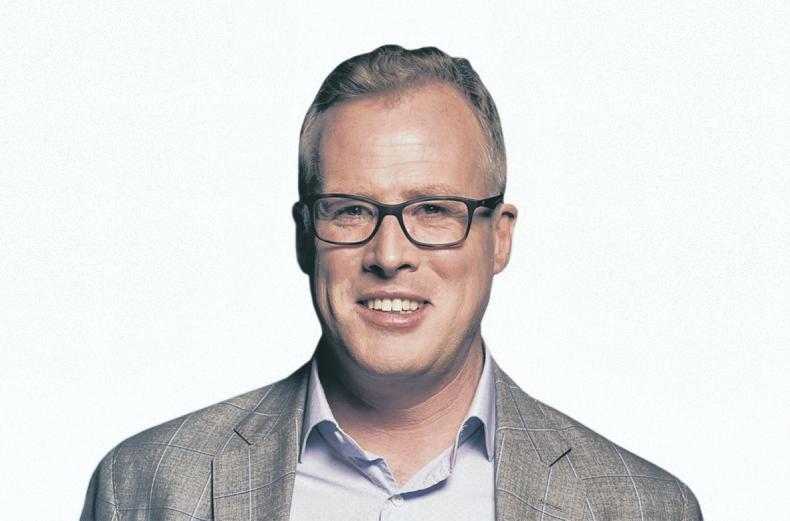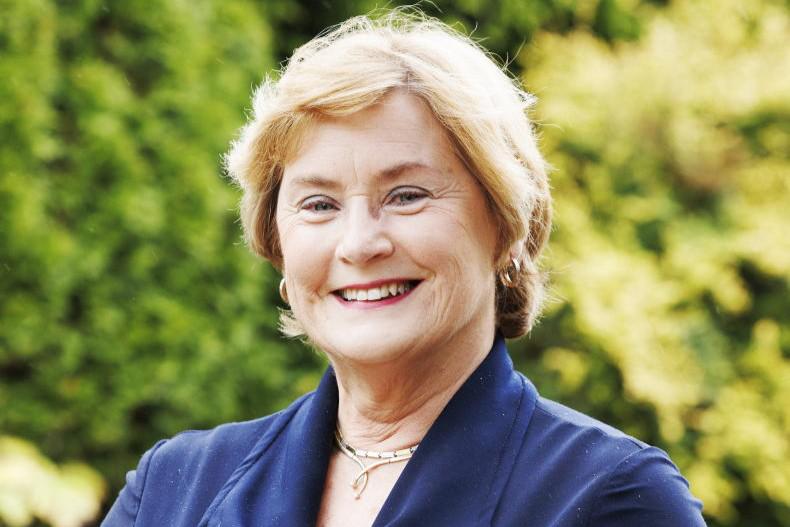It seems seldom we get interesting or insightful interviews with sports stars or their coaches anymore. Since sport has become a business, words matter. Or more to the point, lack of words. They don’t even write interesting autobiographies anymore – even after they retire.
That’s why I’m conflicted about tennis player Naomi Osaka’s decision to pull out of the French Open due to the pressure of media interviews and her claim that it was affecting her mental health.
One part of me feels that being a gifted and privileged sports star earning a record $37.4m in 2020, facing irritating questions in press conferences is an occupational hazard and a small price to pay. The reason international sports icons like Osaka are multi-millionaires is thanks to the sponsorship of global corporations pumping billions of euro into their sport.
The job of the journalist has always been to ask questions we want asked
And so, no more than with the local pub sponsoring the local club hurlers, the benefactor should expect something in return not least buy-in from the beneficiaries. Who pays the piper calls the tune. And dull press conferences are part of that money spinning package. The job of the journalist has always been to ask questions we want asked. But despite their best efforts, journalists are increasingly failing to pierce the armour of clichéd and carefully media coached players and managers.
So the other part of me thinks; maybe we’re not so interested in that old-school style of question-and-answer circus anymore. After all, if a player wants to make a point, they can go on social media and share it directly to their followers who care. Without wishing to sound the death knell for sports press conferences, it might be time to think outside the box.
Would we be any worse off if press conferences didn’t happen? Whatever about individual sports people where you might get the odd nugget of honesty, team players get away with total guff. If we didn’t hear one interview with a player or coach during the Euro championships or the upcoming GAA championships, would it make an ounce of difference to your interest?
It is also fair to say that just because you are gifted at sport does not automatically translate into being a top-notch media performer. As Mark Twain said: “There are two types of speakers: Those who get nervous and those who are liars.”
Naomi Osaka is 23 years old, facing into a room of mostly middle-aged men trying to get her to say something quotable
Of course there are some amateur players and those involved in minority sports who crave publicity to further their career or give their sponsors some media exposure. For example, the Olympic Games are remembered for some great quotes and emotional interviews but not everybody is cut out to be a media performer and the line between interview and exploitation is very thin.
Naomi Osaka is 23 years old, facing into a room of mostly middle-aged men trying to get her to say something quotable. Stephen Cluxton is arguably the most influential Irish sports person of the past 20 years. He doesn’t do interviews. And nobody is worse off as a result, not least Cluxton himself who holds records unlikely to be broken in my lifetime.
Of course the difference between Cluxton and Osaka is one is amateur and the other is minted from sport. So Cluxton is entitled to shun the limelight. For Osaka, if she feels for whatever reason she’s not up to media duties, then that should be respected but at the very least for now until we find a better way, she also needs to appreciate that like most things in life we don’t like, it comes with the territory.
I am beginning to feel very left out. It seems that you are at nothing now if you haven’t got a dog or a podcast to your name.








SHARING OPTIONS